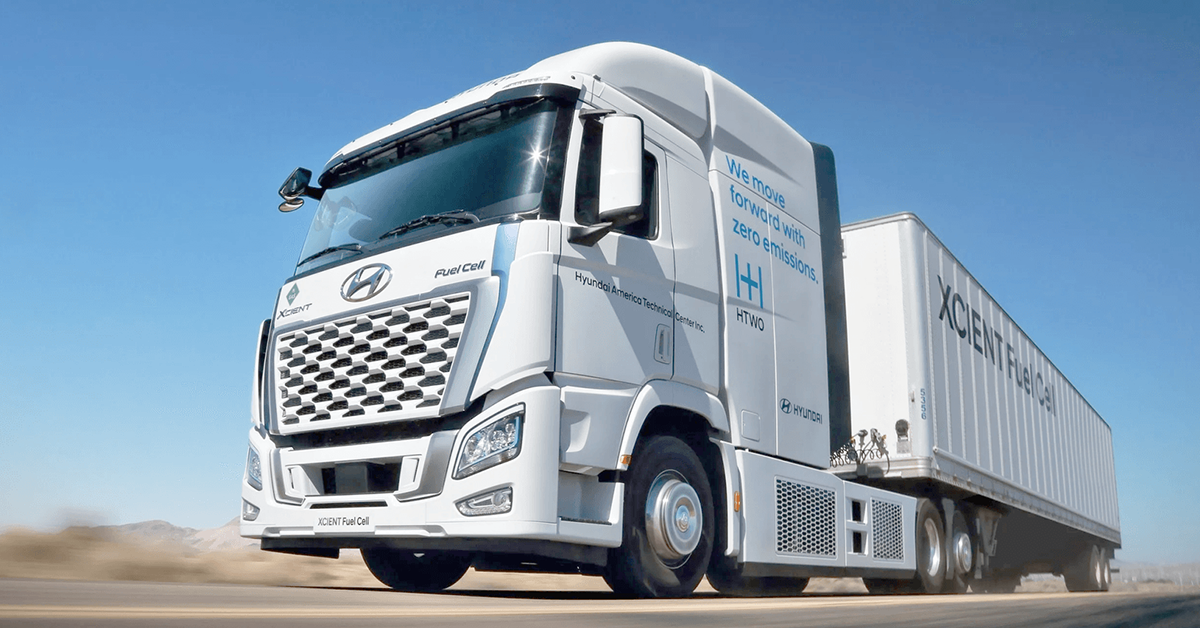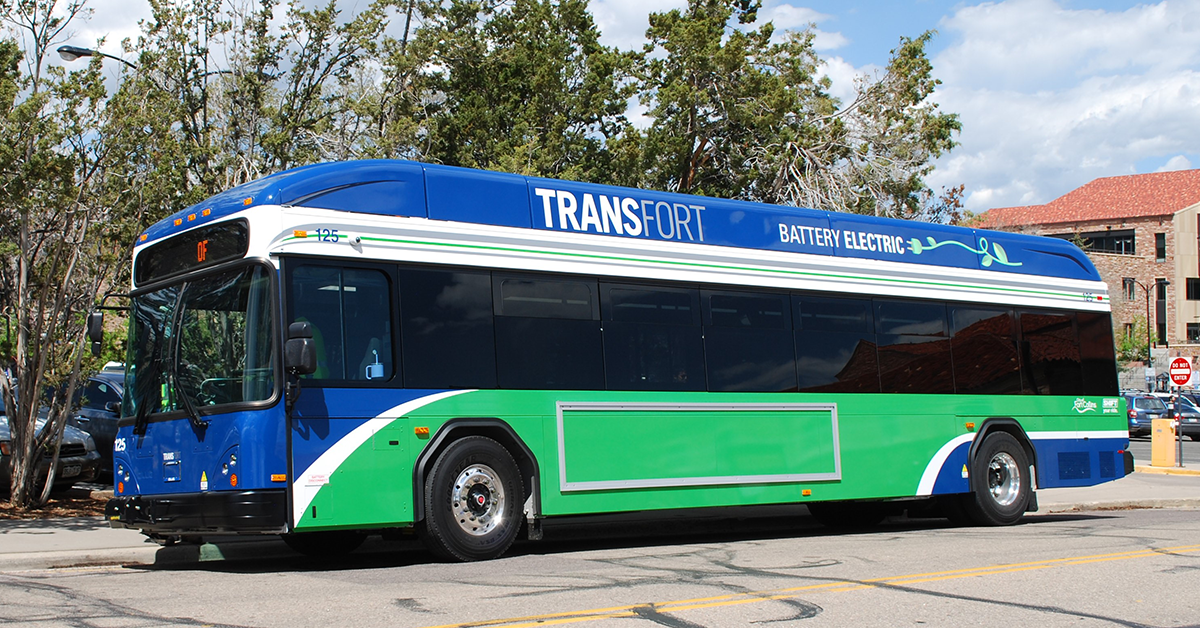CTE Looks to the Future Laid Out in the Infrastructure Investment and Jobs Act

The Center for Transportation and the Environment (CTE) commends the United States Congress on the passage of the Infrastructure Investment and Jobs Act. The programs supported by this legislation go beyond fixing aging infrastructure to include provisions that modernize our transportation systems, create jobs suitable for the modern economy, and secure a cleaner environment for our communities.
CTE is especially grateful to have had the opportunity to provide assistance and input into the transportation programs in the Infrastructure Investment and Jobs Act. CTE has been working diligently for years to move the transit market toward zero emissions while also finding ways to replicate the success of transit electrification in other medium- and heavy-duty transportation sectors.
CTE would like to acknowledge and thank Congressman DeFazio for his leadership on including visionary clean transportation solutions in the House's version of the bill, the INVEST in America Act. DeFazio's progressive ideas helped guide the Infrastructure Investment and Jobs Act to be the cutting-edge legislation that it is today. The Infrastructure Investment and Jobs Act capitalizes on the current momentum toward a zero-emission transit sector and provides support for the expansion of this progress to other vehicle sectors.
CTE worked with both Congressional staff and industry stakeholders to build support for historic levels of investment in zero-emission transit bus grant programs, expansion of support for clean school buses, and a new grant program to support deployment of low-emission ferries.
The Act provides a record level of investment of $5.25 billion for FTA's Low or No Emission Bus Grant program. CTE has worked with agencies via the Low-No program for many years and through this program has helped the zero-emission transit industry achieve significant breakthroughs in the development and successful deployment of zero-emission buses. Support for this program ensures that next steps in clean transit development, like fleet transition plans and workforce training, will result in successful, large-scale clean transit deployments in the near future.
The Act also supports the expansion of zero-emission technologies and the modernization of other transportation sectors that will be vital to improving our climate and communities. The appropriation of $5 billion over five years to the Clean School Bus Program will ultimately protect the health of our communities' children while also contributing to greenhouse gas reductions that protect our community infrastructure.
The new Electric or Low-Emitting Ferry Pilot Program will expand zero-emission technology funding into a new transportation segment. CTE is working with industry stakeholders to develop and adapt zero-emission technologies for the marine environment and is excited to contribute to the decarbonization of this critical sector. The $250 million over five years for the new Department of Transportation grant program targeting low-emission ferries and rural ferry systems will improve the accessibility of many communities while maintaining clean air in our coastal and near-port communities.
CTE looks forward to working with the U.S. Department of Energy and the U.S. Department of Transportation and to building upon the foundation set by FTA and Administrator Nuria Fernandez to implement the vitally important work laid out for these zero-emission transportation sectors. CTE has provided technical assistance, project management, and deployment support for zero-emission transit buses and school buses and has managed technology development projects for marine vehicles. We know from experience that transitioning to zero-emission fleets in these sectors is possible with the support provided in the Infrastructure Investment and Jobs Act alongside coordinated efforts by industry decision-makers. We also know that the benefits reach far beyond the jobs created by this transition: cleaner air, climate change mitigation, and a better world for our children and grandchildren. We look forward to getting to work on these new programs for the sake of our climate and communities.





